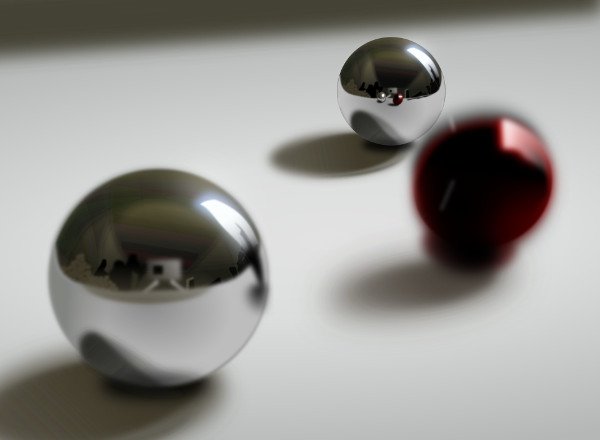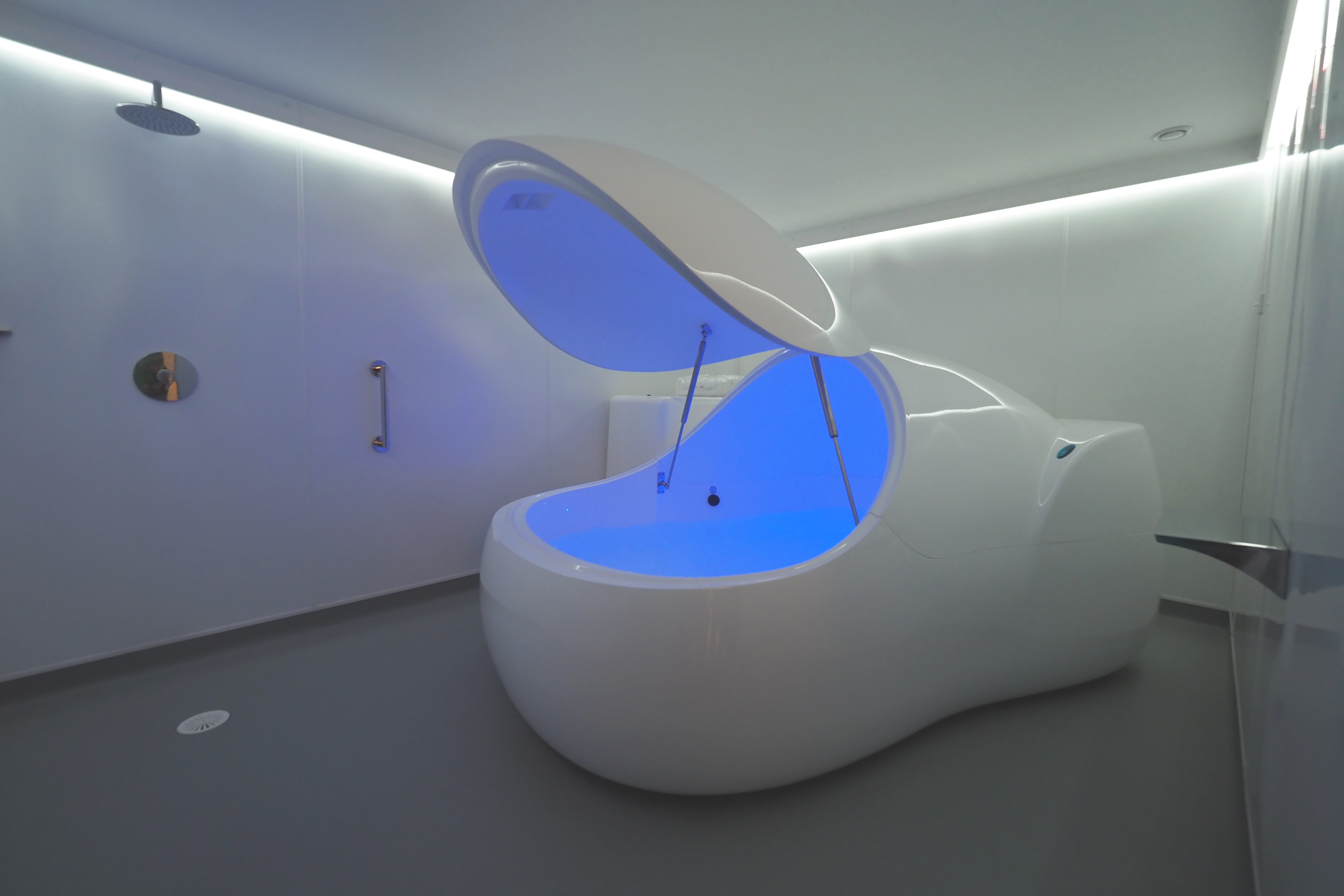Find freedom from unwanted habits and addictions
Floatation puts the power to reprogram unwanted behaviours in your handsFind freedom from unwanted habits
Stimulus and response
We like to think of ourselves as rational. We like to believe that we observe the world, gather data, and make informed decisions before we act. However, for most of us most of the time, we live as if in a pinball machine. We bounce around from one thing to the next, our actions a response to our environment.
Floating takes you out of the pinball machine, and can help you recognise that you have a choice.
Through regular floating you can insert a pause between the stimulus and the habitual response, giving you an opportunity to act from somewhere authentic.

We are often on autopilot
Another way of thinking about our habitual behaviours is to see them as robotic. We respond to each stimulus based on our habits, much like a robot responding to inputs based on its programming.
We have all experienced this. For example when driving a familiar route, and you suddenly realise you have no recollection of the journey. You have been on autopilot.
The majority of our actions are of this nature, so they are not really our actions at all, just reactions…. habitual ‘tape-loops’ triggered by stimuli in our environment.
So where are ‘you’, when ‘you’ are just responding to the the world habitually?

What are addictions?
Addictive behaviours are the ultimate ‘auto-pilot’ behaviour. Perhaps we tell ourselves over and over again that we’re going to stop smoking, or change our diet, or cut down on alcohol. Yet the momentum of our habits is perpetuated by the environmental triggers, and so the robot remains in the driving seat.
By removing yourself from environmental stimuli, you get out of the pinball machine, and all that is left is you. You get a respite from the triggers of habitual behaviours and addictions, and an opportunity for pure self-awareness.

Here you are

Floating can help you tackle compulsive behaviour
While you are floating there are no distractions. Floatation can therefore facilitate an encounter with the self. As a result, this is an opportunity for insight into the motivations for destructive behaviours. Ultimately this is a chance to begin to deal with them.
Floating provides deep relaxation and activates the parasympathetic response. This can ease feelings of withdrawal, and reduce the power of environmental stimuli to trigger a stress response.
Many people report a greater sense of mental clarity, enabling them to see their lives and and their goals more clearly. The individual is empowered to see things as they are and can make changes in light of this.

Research and positive examples
Some interesting research has been conducted into REST (Restricted Environmental Stimulation Therapy) and smoking cessation. This found that spending time resting in silent darkness was an aid to smoking cessation.
Some people with eating disorders have found benefits from floatation. Others regularly using medication to manage chronic pain have found they no longer rely upon the drug.
Likewise, other research suggests floatation therapy could be a promising treatment for addictions.
Find pleasure in practising good habits
Above all, floating can be very pleasurable. This can help as a substitute for the reward of addictive behaviours such as smoking tobacco or drinking alcohol.
There are many stories of the urge for a substance or habit gradually subsiding with regular floating. Floating is not only enjoyable and fun, but it also has a range of physical and mental benefits!
Overcoming an addiction or habit will always require a large and ongoing commitment from the person in question.
However, for those with a real commitment to overcoming a destructive behaviour, floating can be a powerful tool in supporting their process of change.




